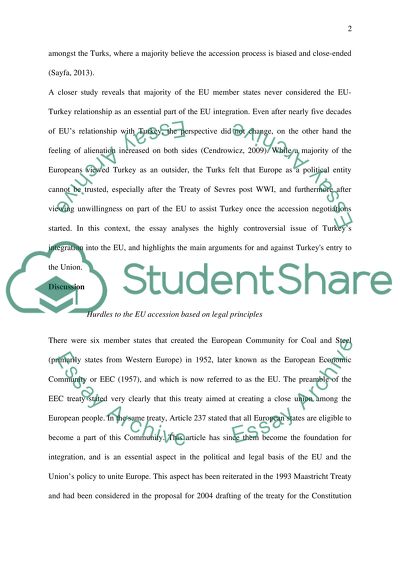Cite this document
(“The Main Arguments for and against Turkey's entry to the EU Essay”, n.d.)
The Main Arguments for and against Turkey's entry to the EU Essay. Retrieved from https://studentshare.org/history/1487184-what-are-the-main-arguments-for-and-against-turkey
The Main Arguments for and against Turkey's entry to the EU Essay. Retrieved from https://studentshare.org/history/1487184-what-are-the-main-arguments-for-and-against-turkey
(The Main Arguments for and Against Turkey'S Entry to the EU Essay)
The Main Arguments for and Against Turkey'S Entry to the EU Essay. https://studentshare.org/history/1487184-what-are-the-main-arguments-for-and-against-turkey.
The Main Arguments for and Against Turkey'S Entry to the EU Essay. https://studentshare.org/history/1487184-what-are-the-main-arguments-for-and-against-turkey.
“The Main Arguments for and Against Turkey'S Entry to the EU Essay”, n.d. https://studentshare.org/history/1487184-what-are-the-main-arguments-for-and-against-turkey.


